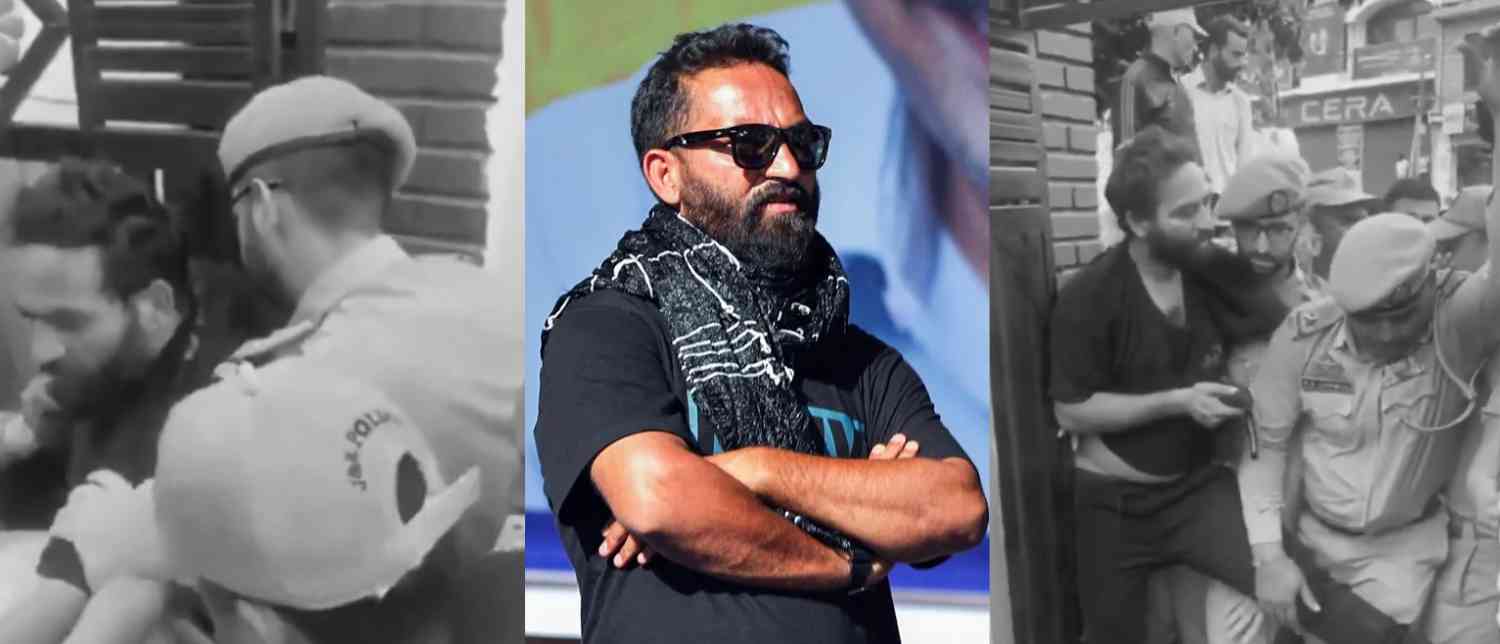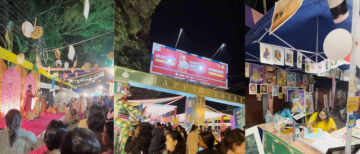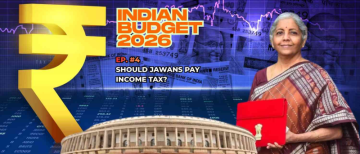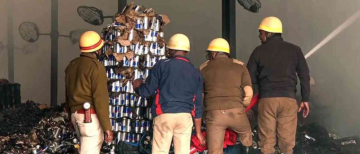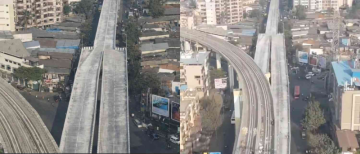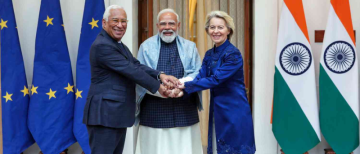Jammu and Kashmir's first sitting legislator to be detained under the Public Safety Act (PSA) is Mehraj Malik, the lone Aam Aadmi Party (AAP) MLA from the Doda district. Malik was taken into custody on September 7, 2025, and placed under PSA for one year on charges of disturbing public order. His detention marks an unprecedented event in the region’s political history, as no sitting MLA has previously been held under this law, which allows preventive detention without trial when the administration believes a person’s freedom may threaten peace or security.
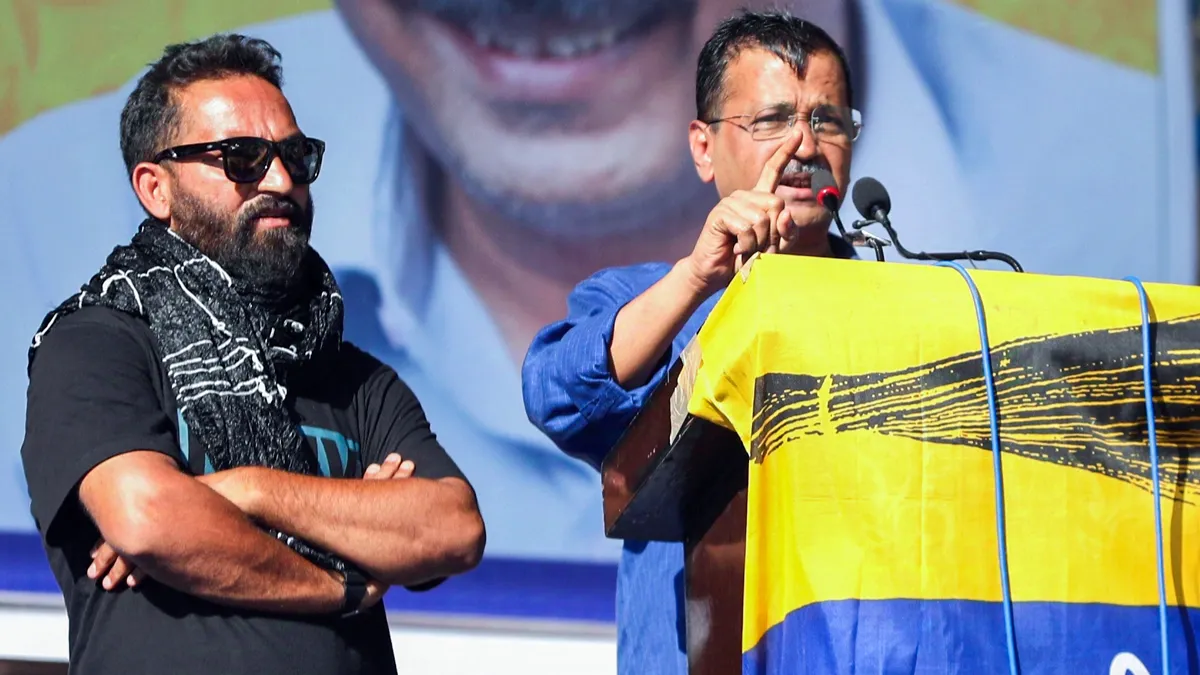
Mehraj Malik, 37, was arrested while engaging with media outside the Dak Bungalow in Doda and was later sent to Bhaderwah jail. According to officials, Malik has been named in 18 FIRs and 16 daily diary reports, accused of actions such as attacking government officials on duty, locking them inside offices, and using abusive language publicly. One key incident cited was his aggressive behavior towards Doda’s Deputy Commissioner, Harvinder Singh, including verbal abuse linked to a dispute over shifting a health sub-center, where allegations of Malik seeking rent payments for using state land were also made. Authorities argue Malik’s conduct caused disruption during sensitive times when district administration was focused on flood relief efforts.
Despite these charges, Malik’s membership in the Jammu and Kashmir Legislative Assembly remains intact, as he has not been convicted in any case so far. This means he retains his status as an elected representative, although he will be detained for the PSA period. Malik’s arrest has drawn both criticism and political responses across the spectrum. Jammu and Kashmir Chief Minister Omar Abdullah condemned the detention, calling it an unjustified use of power by the unelected administration and warning that such actions harm public trust in democracy. He emphasized that Malik is not a threat to public safety, criticizing the application of a "discredited law" on an elected official.
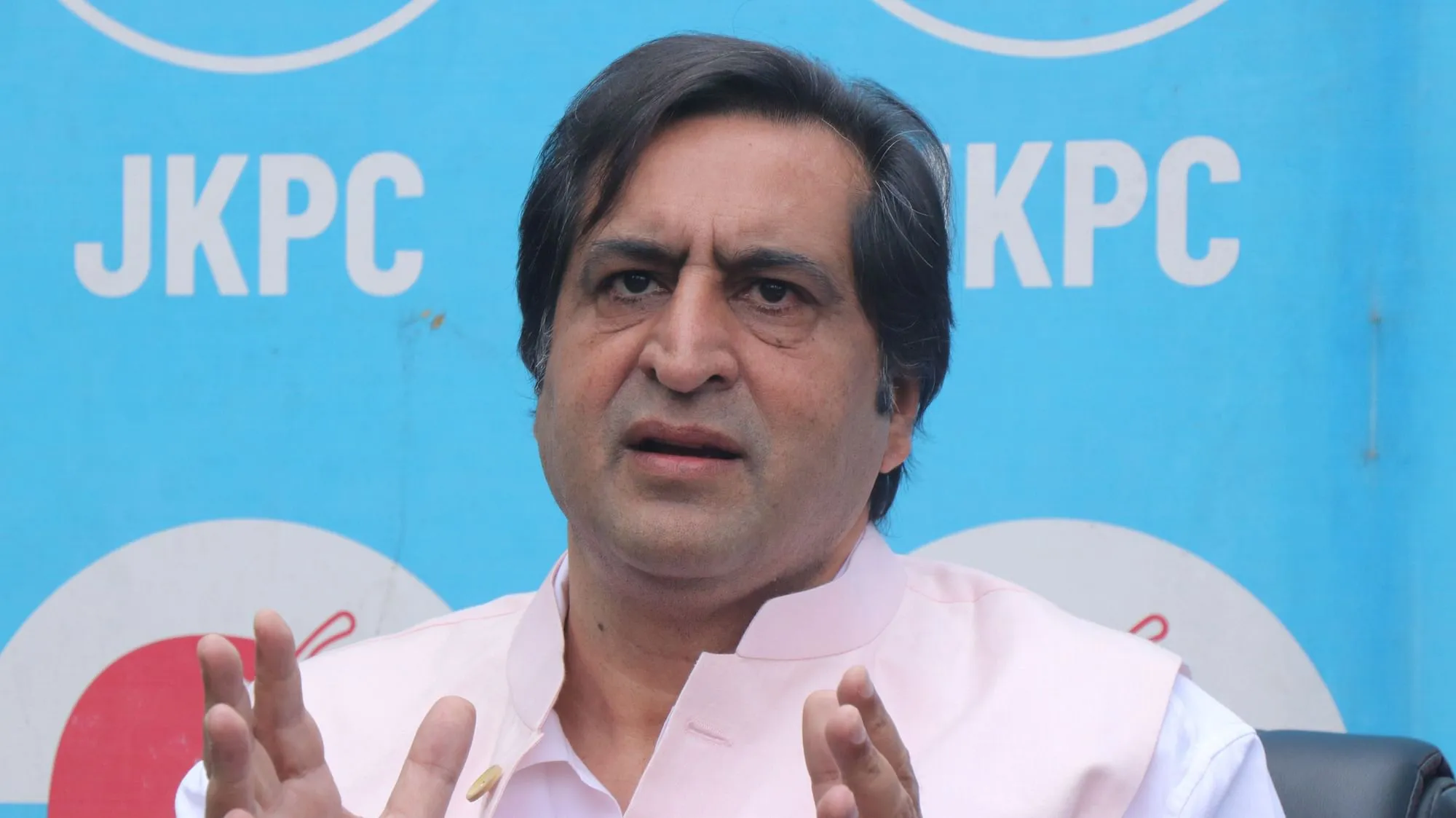
Political leaders from opposition parties also weighed in, describing the arrest as an assault on democratic rights and a weaponization of authoritarian powers to silence dissent. People's Conference leader Sajad Lone termed the PSA use as deplorable, saying it reduces democratic processes to a facade, while PDP leader Waheed Parra accused authorities of using draconian laws to crush political voices. AAP’s national convener Arvind Kejriwal supported Malik, stating that he would continue to raise people's issues and questioned whether demanding basic public services should be criminalized.
The Public Safety Act itself is a controversial piece of legislation that permits preventive detention without trial, sometimes for up to two years. It has long been criticized by human rights groups and political activists for being used to stifle opposition and dissent, especially in politically sensitive areas like Jammu and Kashmir. Detaining a sitting MLA under this act raises complex questions about the balance between maintaining law and order and respecting democratic freedoms and the mandates of elected representatives.
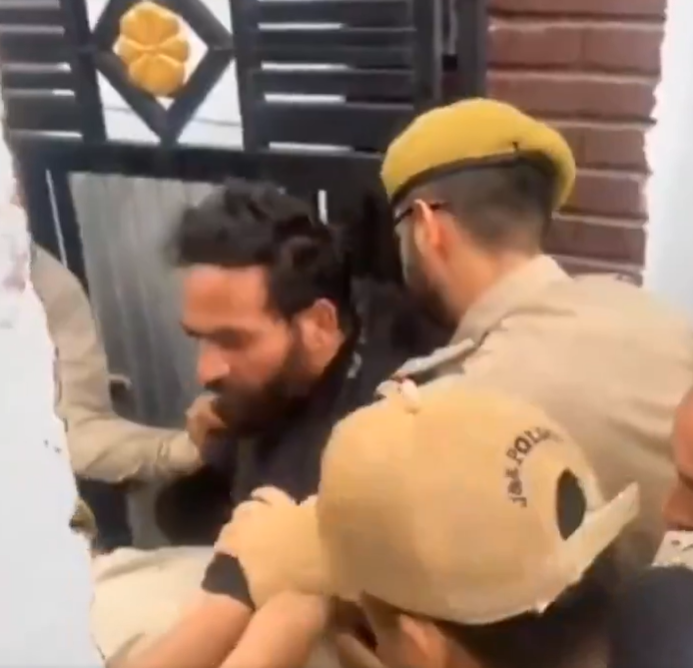
From a perspective standpoint, Malik’s detention under the PSA exemplifies ongoing tensions in Jammu and Kashmir’s political environment, where governance challenges and security concerns often intersect with issues of political expression and civil rights. The case illustrates how the state’s security laws can affect democratic processes and public trust, particularly when applied to elected officials. While government authorities cite public order disruptions and safety as justification, critics fear that such moves may deepen political disenchantment and limit meaningful engagement between the administration and the electorate.
In conclusion, Mehraj Malik’s one-year detention under the Public Safety Act is a landmark case in Jammu and Kashmir. It highlights the complexities of governing a politically sensitive region where peace and order sometimes clash with democratic freedoms. The situation calls for careful reflection on the use of preventive detention laws, the role of elected representatives, and the health of democratic institutions in the region.
With inputs from agencies
Image Source: Multiple agencies
© Copyright 2025. All Rights Reserved. Powered by Vygr Media.

